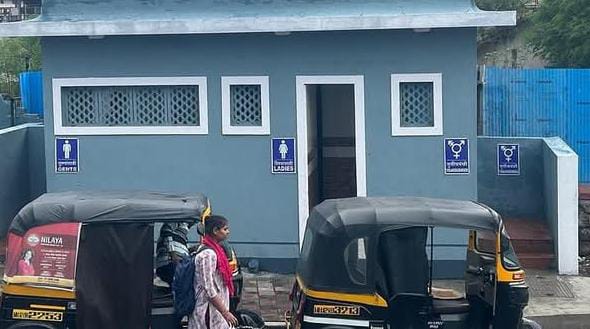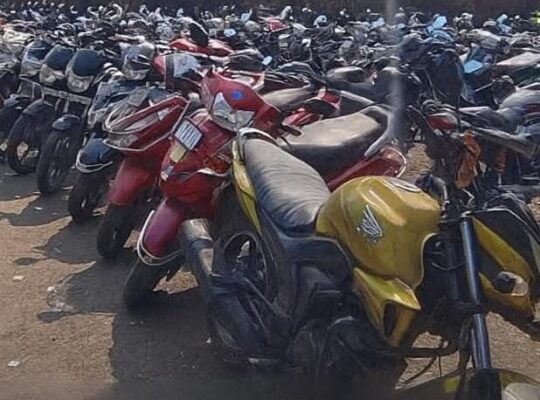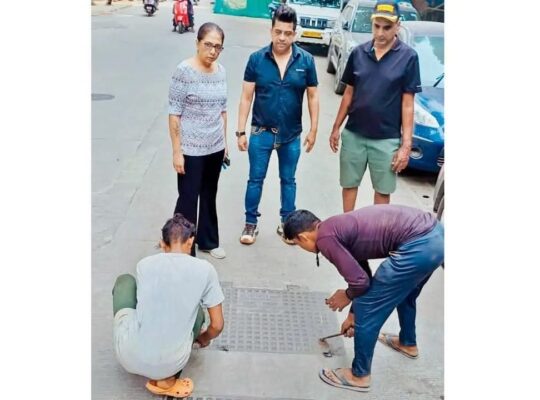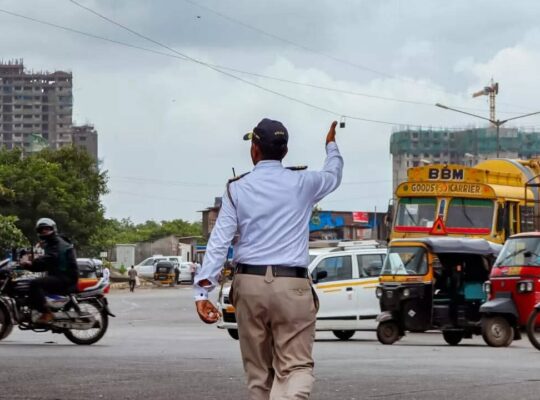Mumbai, June 8, 2025 — In a bid to strengthen Mumbai’s sanitation infrastructure, the Brihanmumbai Municipal Corporation (BMC) has announced the hiring of Community Development Officers (CDOs) on a contractual basis. These officers will play a crucial role in overseeing the management and monitoring of the city’s sprawling network of public and community toilets.
The initiative falls under the Solid Waste Management (SWM) department’s Community Development Cell and aims to decentralise sanitation oversight by deploying officers at the ward level—an upgrade from the previously centralised monitoring system, which had limited staff to manage thousands of facilities.
Mumbai is currently home to over 8,100 public toilets, including 3,110 maintained directly by the BMC, 3,641 under MHADA’s jurisdiction, 24 through corporate social responsibility (CSR) partnerships, and others managed under various pay-and-use or hybrid schemes. Around 700 Community-Based Organisations (CBOs) are already involved in day-to-day toilet management across the city’s informal settlements.
Following a recent workshop with these CBOs, the BMC decided to enhance coordination by integrating more CDOs into the system. These officers will regularly visit slum areas, liaise with local organisations, and ensure that sanitation standards are being upheld. Their responsibilities will include overseeing staff training, managing sanitation logistics, and facilitating the procurement of supplies such as sanitary pad vending machines and other hygiene-related items.
A senior civic official explained that CDOs would serve as a vital link between the civic administration and grassroots organisations. Apart from field supervision, they will be responsible for collecting operational data, preparing detailed reports, managing documentation, responding to RTI queries, and coordinating with various municipal departments to streamline services.
The move underscores BMC’s continued effort to improve public hygiene, especially in densely populated and underserved areas, by making sanitation governance more responsive, inclusive, and effective at the local level.











